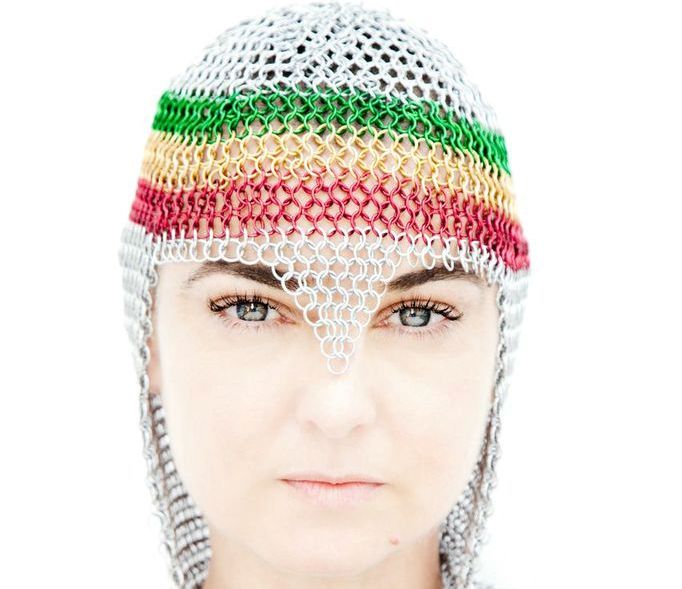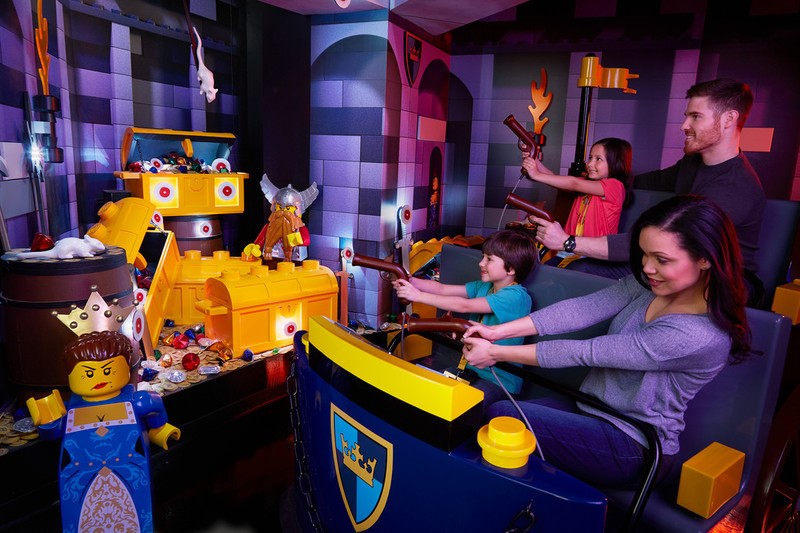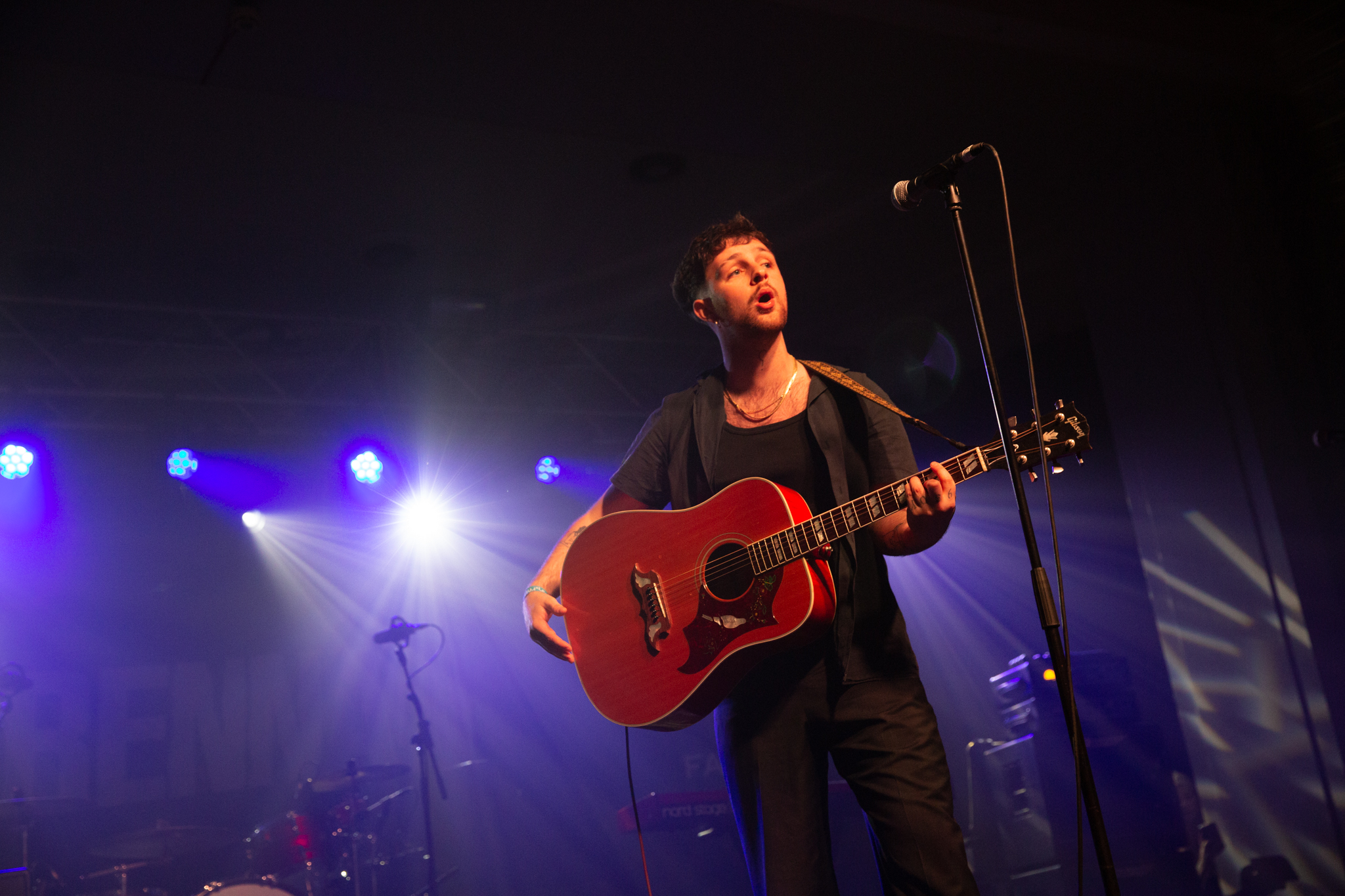After a career spanning more years than I care to remember, it’s not often I get nervous before interviewing someone famous. Secretary of State for Business? No problem. Sir Richard Branson? A cinch. JLS? Easy peasy lemon squeezy. But last week I felt sweat on my brow and butterflies in my stomach at the prospect of talking to Sinéad O’Connor.
O’Connor’s reputation proceeds her. Following the release of her first album in 1987, a multi-platinum LP in 1990 and THAT video, she has rarely been out of the headlines. Married four times with four children, she is never far from controversy, whether it’s her ordination as a priest (despite being a woman with a Roman Catholic background), ripping up a photo of Pope John Paul II on live TV or disclosing that she’d attempted suicide. No wonder I was trepidatious.
I needn’t have worried. From the outset, O’Connor was friendly, helpful and affable, a far cry from the image projected by the media. I’ll admit that it was the sweariest interview I’ve ever done but, for me at least, that added an extra frisson of excitement. At one point in our conversation, I found myself searching for the appropriate shorthand for the only profanity left with the capacity to shock. O’Connor, I salute your potty mouth.
 When I talked to Irish-born O’Connor, she was at Glastonbury ahead of her performance on the acoustic stage at the Somerset festival. Later this year, she will headline the Ramsbottom Music Festival, a boutique event in a market town nestled in the West Pennine foothills. After a hiatus from touring due to ill health, is O’Connor happy to be back on the road?
When I talked to Irish-born O’Connor, she was at Glastonbury ahead of her performance on the acoustic stage at the Somerset festival. Later this year, she will headline the Ramsbottom Music Festival, a boutique event in a market town nestled in the West Pennine foothills. After a hiatus from touring due to ill health, is O’Connor happy to be back on the road?
“It’s great, I love it,” she says. “I take breaks from it which means that I usually find I like it even better when I go back.”
O’Connor’s current tour is on the back of her latest album, How About I Be Me (And You Be You). Although the singer says the reception to the new collection of songs had been “grand”, she doesn’t pay much attention to record sales. “I just focus on playing live, I don’t really know how the record is doing.”
It’s clear from our chat that O’Connor’s priority is her children. “I will take some time off [when the tour is finished] and try to be a decent parent. I’ll be writing and recording a new album but I’ll try to be a normal parent.”
With four children – two of whom are aged 26 and 17 – O’Connor hires two male nannies to take care of the younger ones when she’s touring. She explains how it works: “Each nanny does half the week. It was a deliberate choice to hire men, I have two little alpha males sons, they’re a different type of boy.”
While her personal life has been well documented by the press, O’Connor, 46, has been candid about her battle with bipolar disorder, a debilitating condition that affects the mind’s moods. In previous interviews, O’Connor has talked openly about her illness (“people with bipolar disorder have no ability to sleep naturally or eat…If you can’t sleep or eat you can’t function, and after a few weeks you feel like you are walking under water. The physical symptoms became impossible). Today, medication keeps the disorder at bay.
“I suffer from a medical condition, but I can manage the condition very well with meds,” she says. “At the time I was unwell, there were some shitty doctors around. Now everything is better.”
With a settled home life just outside of Dublin, O’Connor is happy to be back in her home country. But she believes there is little for the young to do in Ireland. “It’s a great thing that people are leaving the country and experiencing civilisation. It’s great for young people to go off and explore. I would encourage them to go and away and come back when they want to raise kids.”
This is a viewpoint that some may find unpalatable but then O’Connor has never been one to seek approval for her opinions. Does she consider herself to be a controversial person?
“I never set out to be that,” she reflects. “I set out to be me. People stick a microphone in front of you; me, I was just answering their questions. [Controversial] was a label the media was giving me back in the 80s. I was, without meaning to be, colourful.”
She adds: “When you are unusual, when you’re female, it can be a bit disturbing.”
To illustrate her point, O’Connor recounts a chat show experience during which one of the other guests (a male musician) was, erm, a bit confrontational. She calls him an “absolute c*nt”. The man in question is alleged to have punched a documentary maker’s nose. “I’ve never broken anyone’s nose”, asserts O’Connor. “But if a female did that, they would be called a crazy bitch.”
She goes on: “Look at Shane MacGowan and Amy Winehouse. Everyone herorises Shane but I think he’s rather a gimmick. Amy acted much less wild than Shane and everyone said she was acting like a wild bitch.”
As the interview drew to a close, I did some herorising of my own (for ‘heorising’, read ‘gushing’), only stopping short of disclosing that I too cried during the video for Nothing Compares 2 U.
By Helen Nugent
Next week: Helen Nugent talks to David Agnew, director of The Met and Ramsbottom Festival, and Nick Reed, chief executive of the Bridgewater Hall, partner of the Ramsbottom Festival











